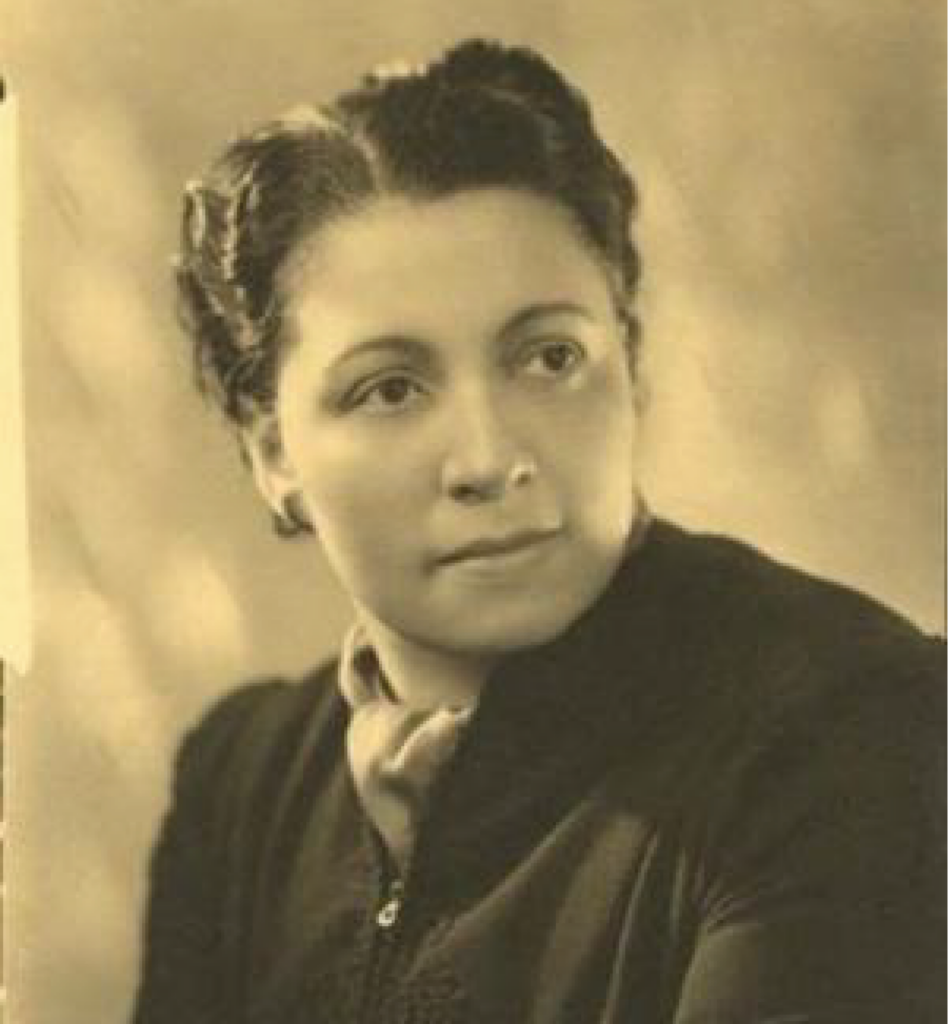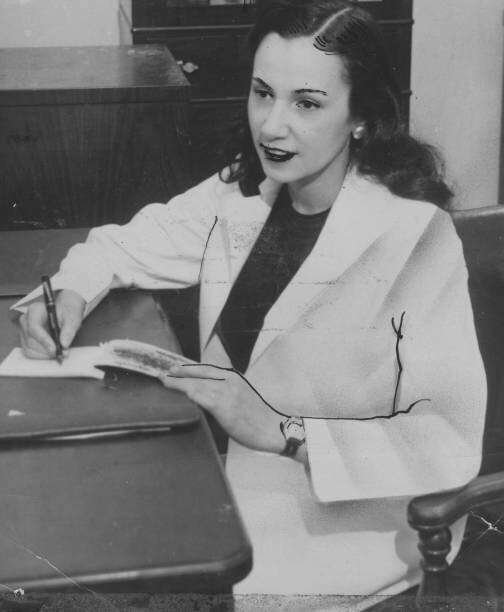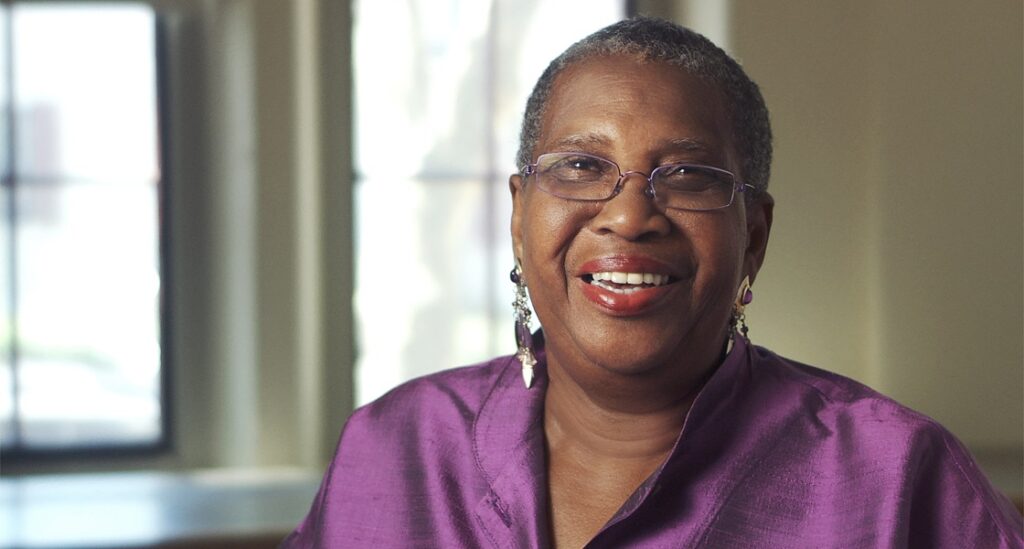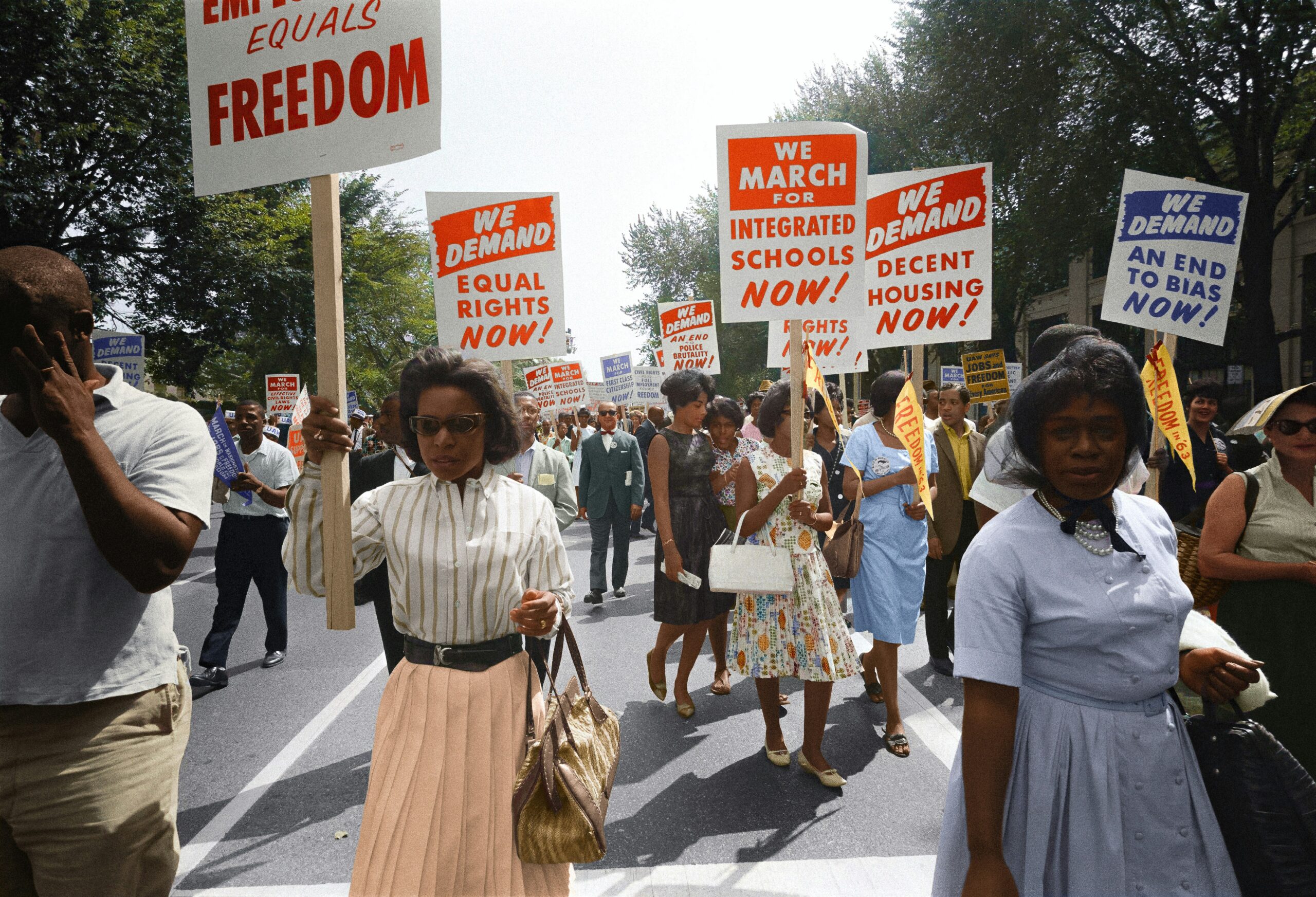A
s we close out Black History Month and welcome Women’s History Month, it seemed fitting to highlight a few women of color who have been pioneers in sexual and reproductive health. It is no doubt a challenging time for the sexual and reproductive health field right now. Despite this, I often find hope and encouragement in the stories of those who have come before us: if they could face all they did and still fight as hard as they could, so can I.
I often find hope and encouragement in the stories of those who have come before us: if they could face all they did and still fight as hard as they could, so can I.
I acknowledge that it is not completely safe right now to name and highlight those women currently working in this space, so I chose to uplift a few early pioneers who were some of the first to lead the fight.
This is by no means an exhaustive list, and to everyone currently in the thick of it: Your tireless efforts and dedication to keep going will never go unnoticed. Thank you.

Dr. Dorothy Ferebee
As an obstetrician practicing in Washington, DC, Dr. Dorothy Boulding Ferebee quickly saw how low-income Black DC residents needed vital health and social services and wasted no time creating them. She founded the Southeast Neighborhood House and the Southeast Neighborhood Society to bring health care, daycare, and recreational opportunities to these communities. She also took her talents to the South and directed the Mississippi Health Project, along with her sorority, Alpha Kappa Alpha, Inc.
Dr. Ferebee was a fierce advocate who broke down barriers between sex, race, and health care. Her full and decorated career is evidence of her dedication to public health, women’s rights, and civil rights. She promoted contraception and sex education for women, served on several boards, and held more than a few appointments; all while actively practicing obstetrics.

Dr. N. Louise Young Spencer
Another pioneering obstetrician, Dr. Louise Young Spencer was Maryland’s first Black female physician and is credited with delivering thousands of babies during her career practicing in Baltimore. After opening her own practice in 1932, she became the only Black physician to receive training in birth control from the Baltimore Birth Control Clinic.
Dr. Spencer firmly believed in sex education for girls that was honest and realistic, and in 1938, she opened a Planned Parenthood in Baltimore to achieve this. Her advocacy for sex education and compassionate approach to her work absolutely touched all those who crossed paths with her, leading the way for the work we continue today.

Byllye Avery
Byllye Avery’s story is an inspiring example of the power that exists in our own experiences. After helping many women living in Florida seek out abortions, which were illegal at the time, she noticed that the Black women who came to her for help did not have the resources to travel for an abortion like white women did. So in 1974, one year after Roe v. Wade affirmed the right to an abortion, she opened Gainesville Women’s Health Center, so all women, especially Black women, could access a safe abortion regardless of economic status.
Byllye’s experiences also opened her eyes to the lack of knowledge Black women had about their bodies, and as a result, she created educational classes and materials and integrated these into the clinic. She understood early on the importance of Black women having control over their bodies and reproductive decisions and has dedicated her entire career to providing spaces, services, education, love, and care to those who have so often been left out.
Creators of the RJ Movement
No blog post about the impact women of color have had on the sexual and reproductive health field would be complete without mentioning the 12 women who recognized that Black women were being left out of the healthcare reform conversation and in response, created the Reproductive Justice framework: Toni M. Bond Leonard, Reverend Alma Crawford, Evelyn S. Field, Terri James, Bisola Marignay, Cassandra McConnell, Cynthia Newbille, Lorretta Ross, Elizabeth Terry, ‘Able’ Mable Thomas, Winnette P. Willis, and Kim Youngblood.
In 1994, these 12 women formed Women of African Descent for Reproductive Justice and sought to redefine healthcare reform by centering the needs of Black women and making clear that these needs were not being addressed. SisterSong defines Reproductive Justice as the right to maintain bodily autonomy, to have children, to not have children, and to parent our children in safe communities.
PHOTO BY: UNSEEN HISTORIES
Jerrica is passionate about all things youth development, reproductive justice, and adolescent sexual and reproductive health. With experience in facilitating sexual health and social emotional learning programs for adolescent girls, she loves empowering young people and is excited to help others do the same. When she’s not dreaming of a better world for future generations, you can find Jerrica enjoying brunch with friends, binge-watching reality television and true crime documentaries, or having a Disney movie sing-along with her two young kiddos. Read more about Jerrica.








